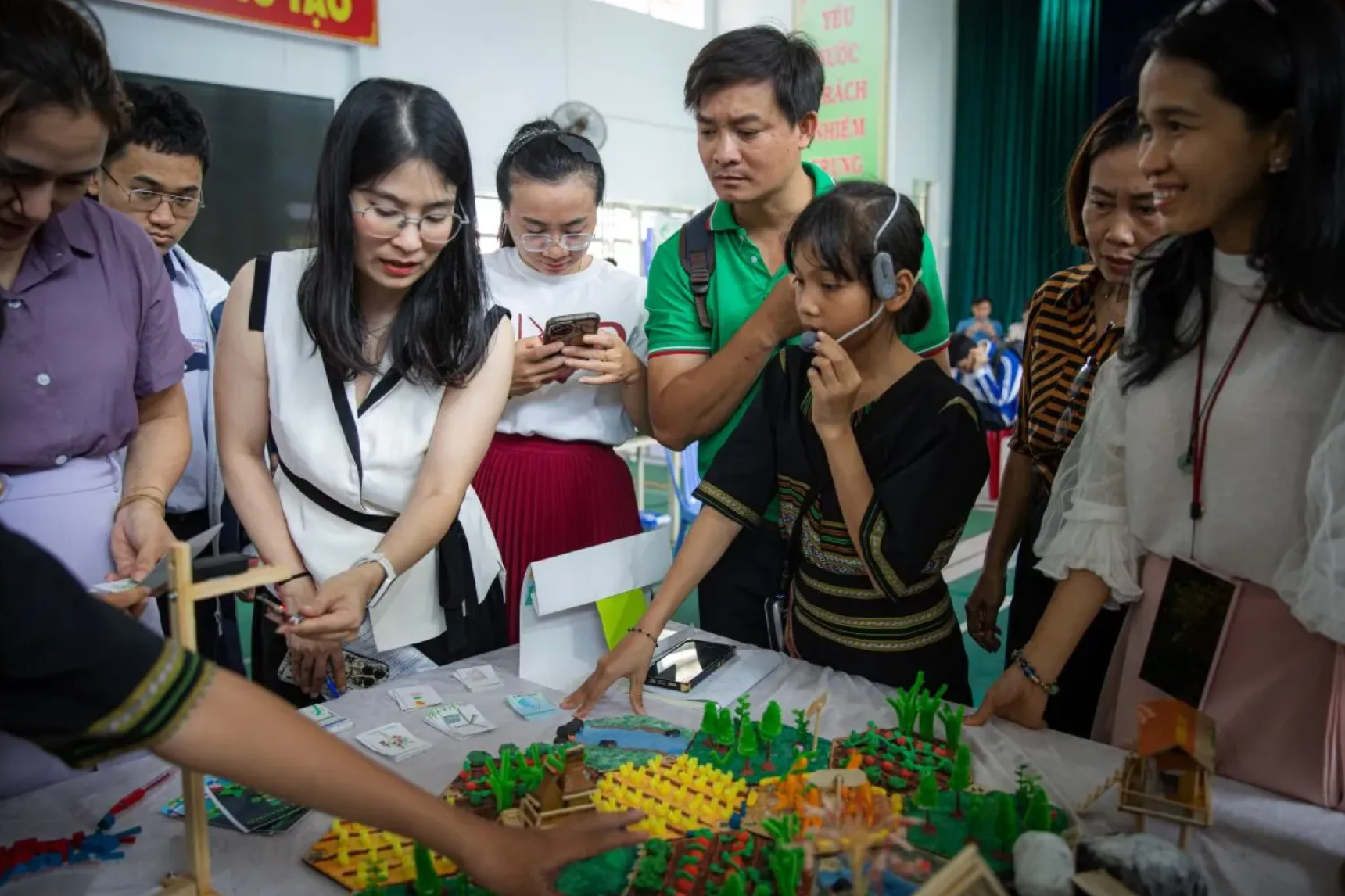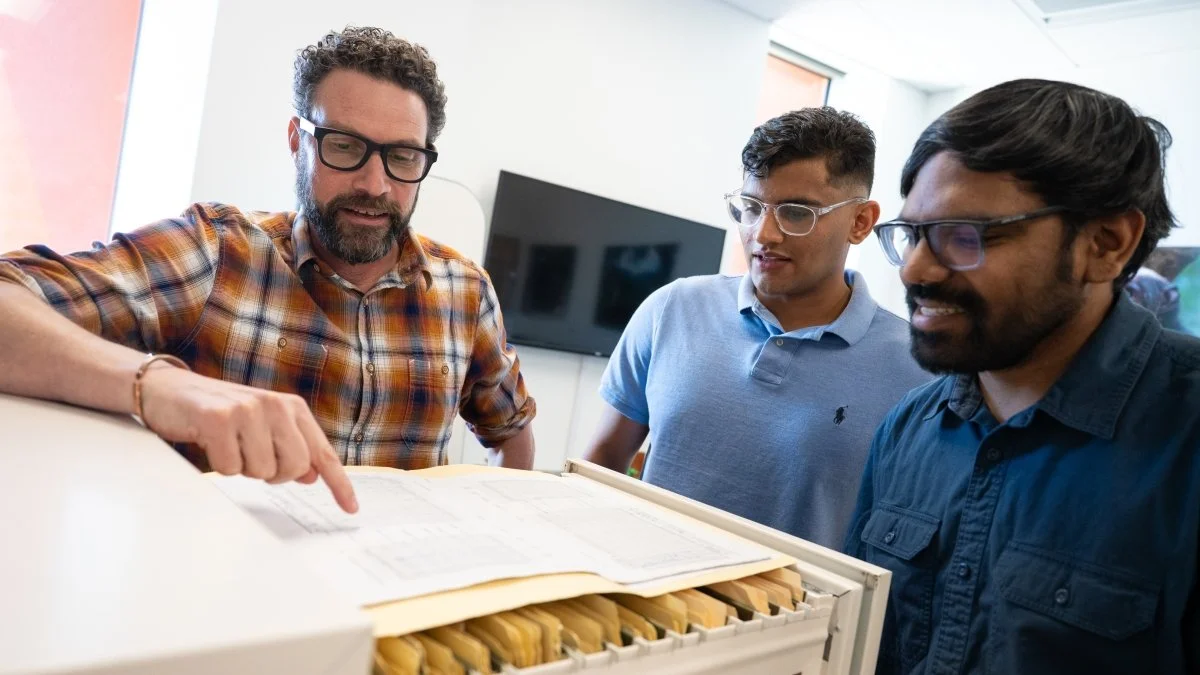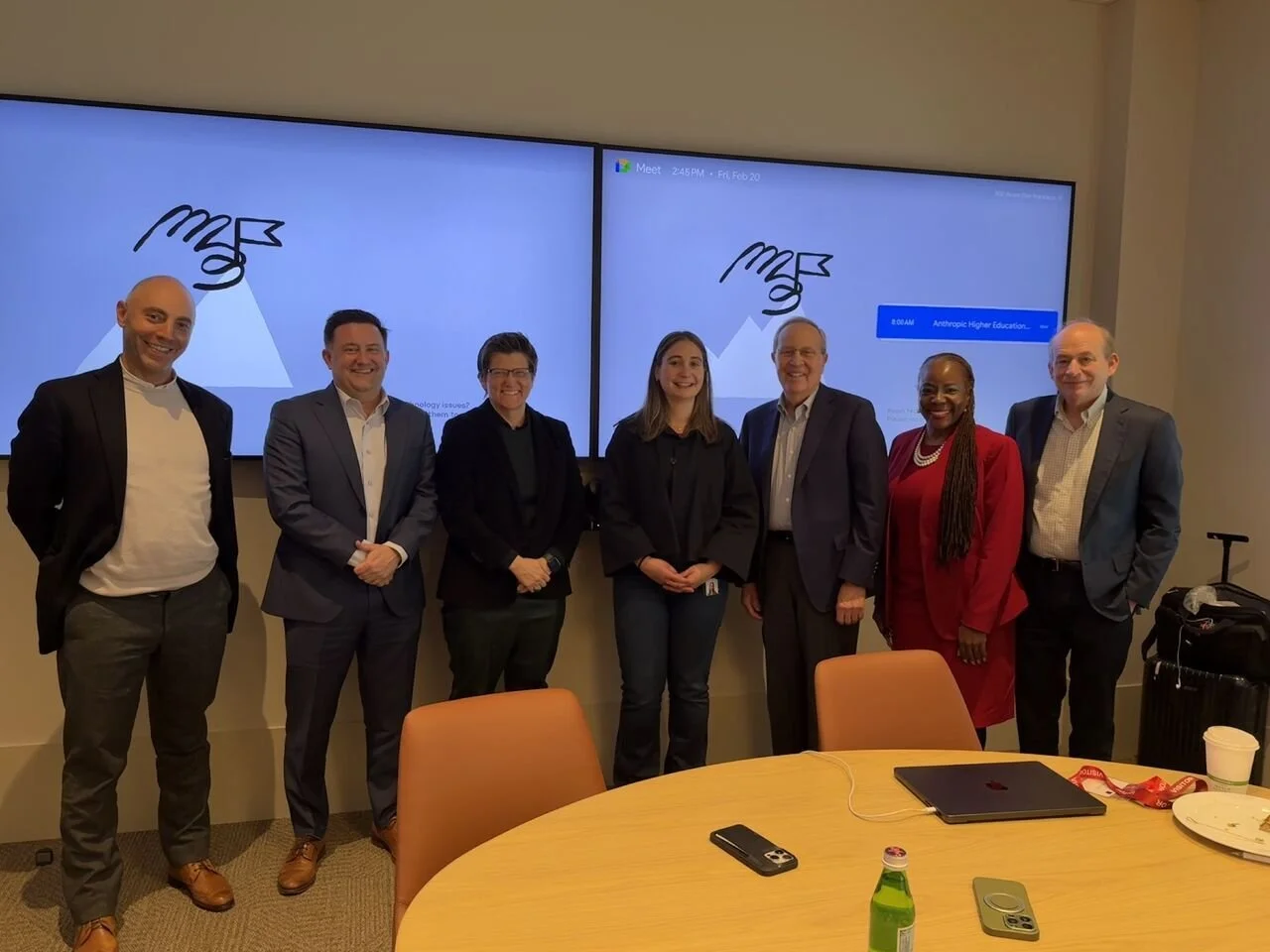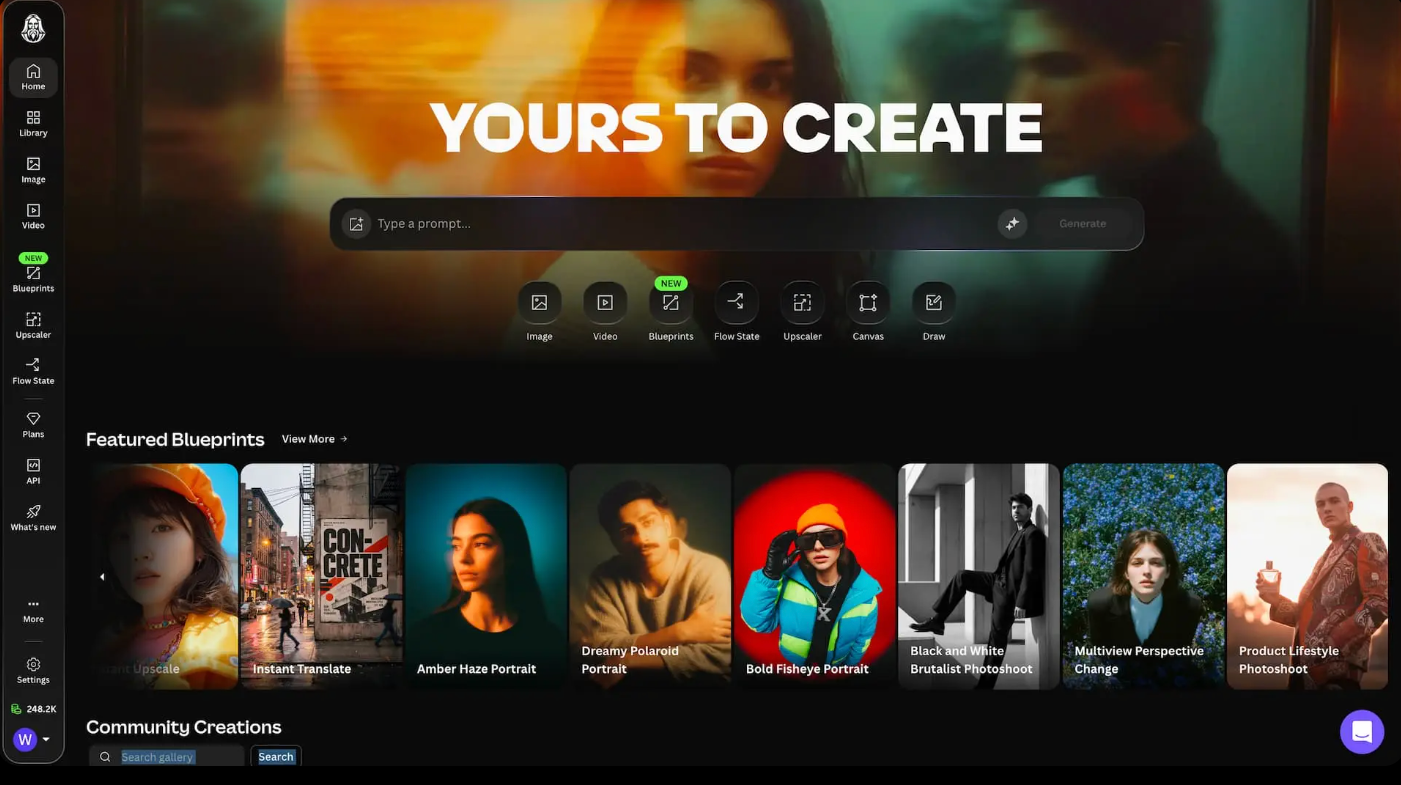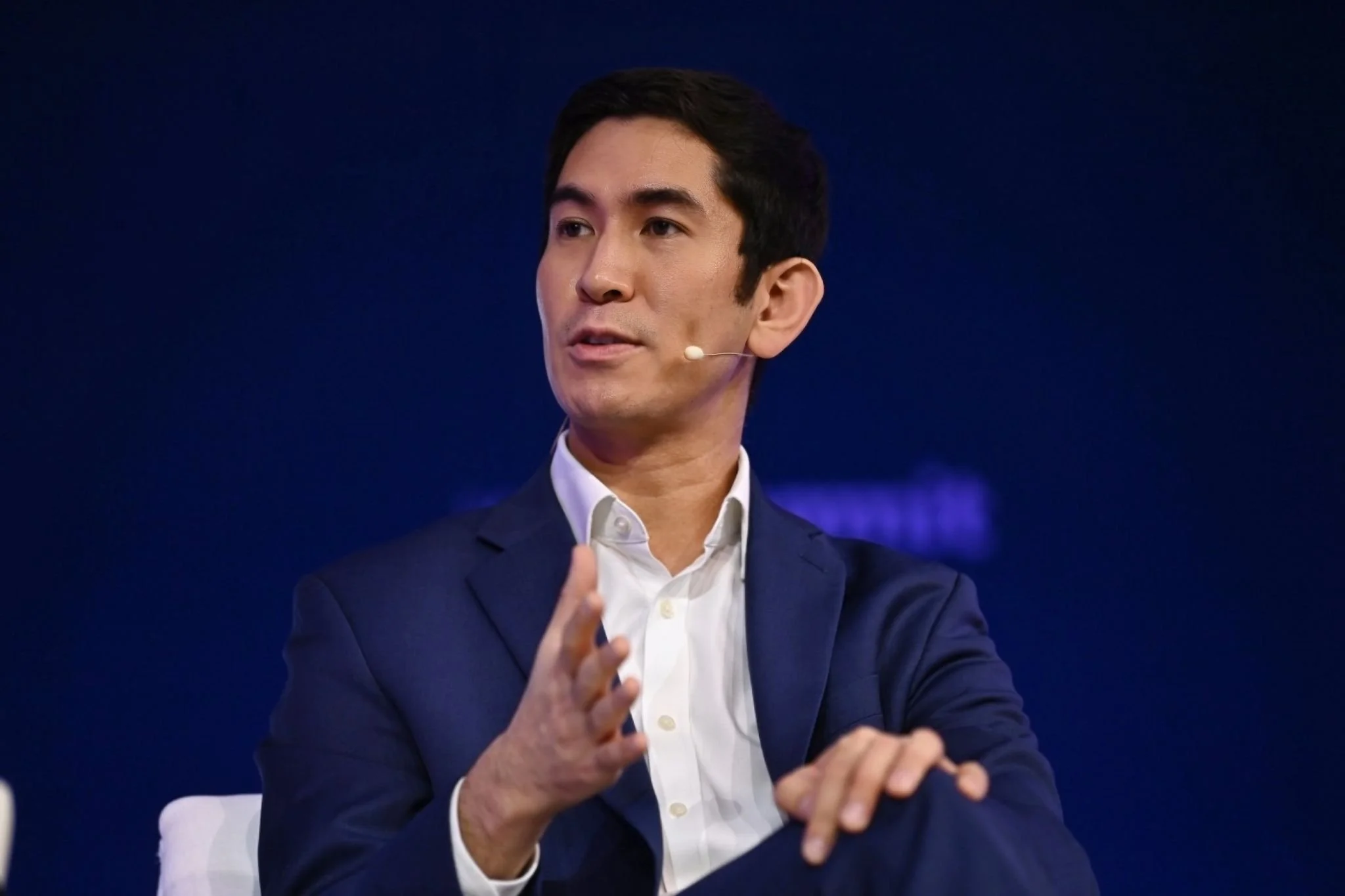Jessie Soohyun Park shares how Samsung is inspiring young people with Solve for Tomorrow Next Gen
ETIH chats with Jessie Soohyun Park, Head of Corporate Social Responsibility at Samsung Electronics UK, about online safety, the rising cost of living, and other top concerns for young people today.
New research from Samsung has revealed the societal issues currently having the most impact on young people in the UK today, with 73 percent of 11 to 15 year olds surveyed expressing concerns about the future.
Four key areas of concern were highlighted by the research: the cost of living, online safety, climate change and physical safety, all of which will be the focus of Samsung’s annual Solve for Tomorrow Next Gen challenge, now in its fifth year.
Samsung’s Park shares insights into the new research and how Solve for Tomorrow Next Gen is helping inspire and support teenagers today.
What are the biggest concerns for young people, according to Samsung’s latest research?
We surveyed 11 to 15 year olds and it didn’t really come as a surprise when they said the cost of living is a top concern [61 percent of survey respondents cited this as a top concern]. What I thought was particularly interesting was that 47 percent said online safety was one of their top concerns. This was actually a higher pecentage than climate change, which this generation is more widely known to be passionate about. We know the impact that online safety has and I think it is part of bigger issues, such as mental health, which is becoming a more prominent concern.
One of the other things the research highlighted was that a third of young people are worried about getting a job or being about to sufficiently support themselves in the future due to the speed at which technology such as AI is changing the world. They’re obviously very conscious of what is happening around them.
Do you think young people mostly inspired by technology, or are they concerned about its rapid development?
I think it’s probably a mixed picture of both hopes and fears. Personally, I think there’s so much more that can be done when you focus on the hopeful part. That’s why its so important that we run programs like Solve for Tomorrow, where we’re trying to instil a belief in tech – and how to use it responsibly – and the things you can unlock when you approach it with that intention to do good.
In another piece of research we did with teenagers, aged 13 to 19 years old, 85 percent of them said a career in tech would allow them to positively contribute to society and nearly 20 percent were specifically interested in working in a tech start-up with a societal purpose.
It is really a mixed bag with young people being worried about tech, but equally very hopeful that they will have the power to do something about these issues.
What support do young people need to help them with this?
Young people are very good at seeking what they need outside of school but I think the learning they do in school plays such an important part. At the moment, I don’t think they have enough opportunities to really focus on skills such as critical thinking and solving real world problems.
When we see feedback from Solve for Tomorrow, a lot of teachers comment on how by simply combing learning with things children really care about, we can be so much more impactful.
Subjects such as design and technology also have great potential. The government is currently going though a curriculum review. Samsung has submitted a response, calling for a refresh of design and technology as a subject. We think that’s another avenue for young people to pick up those skills.
How can we help ensure young people are getting the skills they need for careers in the tech sector?
The research we’ve done is quite staggering. I find it really sad that so many young people still feel there is a barrier to pursuing careers in tech. A lot of them say that it’s a lack of education, practical experience, or even contacts and mentors in the industry holding them back.
I think there is also a general misconception about the industry. Many young people assume that unless you have degree in computer science or an interest in data or are super analytical, then it’s not for you. There’s a job to be done in terms of demystifying the sector and making more relatable role models accessible.
Also we need to consider that some of the jobs that exist right now probably will not exist in the future. As well as problem solving and critical thinking, young people are going to need a sense of adaptability and resilience – and creativity. That will help them to prepare for any kind of job in the future. Whether that job is in the sector or elsewhere, tech will certainly play a part in that.
You’ve mentioned a lack of role models for young people – does the sector’s gender imbalance play a role here?
Access to role models is absolutely key. I’ve been at Samsung for 15 years and it has been really encouraging to see more women rise into key leadership roles within the company. I’ve also seen things like employee resource groups become much more active internally and externally as well. There are so many more women in tech and the women-in-tech founder communities are also more active. But I do still think there is a bit of a disconnect in terms of whether young people can actually hear those voices.
From our experience with Solve for Tomorrow, we’ve also seen that showing perfect examples of very established executives can also do the reverse job. These people can feel very far away. Young people often find it much more interesting when we put our emerging talent in front of them. That could mean talking about apprenticeship opportunities that will be available to them in just three or four years’ time instead of highlighting people 30 or 40 years into their careers.
There’s also a big job for parents as well. A lot of people still don’t realize there are well-paid opportunities in the tech sector, including apprenticeships, and I don’t think these careers necessarily carry the same prestige as very traditional career routes. Many young people are passionate about tech so there are a lot of conversations to be had about how to divert that passion into a career both at home and at school.
Gender is an important part of diversity, but we also need to think about social mobility and accessibly. As someone working in the tech sector, I feel very responsible that ultimately the things we create are going to be used by lots of people in different ways. I wish we had more diverse input into the kind of things that get created - hence why I am so passionate about programs like Solve for Tomorrow!
How is Samsung’s Solve for Tomorrow Next Gen hoping to inspire young people?
It’s all about inspiring 11 to 15 year olds to think about how technology can have a positive impact on our lives. It’s a year round program, offering free resources for teachers that can be used in the classroom.
One of the most exciting parts of the progam is the annual challenge - and entries are currently open!
We’re inviting young people to enter ideas under the time of living well with tech. They can enter any idea for an app, product, or solution that uses tech to help us live healthier and happier lives. Entrants have a chance to win prizes for themselves, their teachers, and their schools.
I think technology, sadly, has a bit of a bad name and reputation at the moment, but the meaning and purpose for tech is given to it by the people who create it. There is a real need for us to have more diverse people and perspectives to help shape what that’s going to look like in the future.
Solve for Tomorrow offers an opportunity, particularly for young people, to think about what they care about in this world. Rather than just moaning about it, this is an opportunity to really delve into what they’re passionate about, learn the skills they need, and combine that with their love for tech.
The outcome is that they feel empowered and in control of using tech to have a positive impact in the world and I think that’s what Solve for Tomorrow is about.
Solve for Tomorrow Next Gen invites innovators aged 11-15 to design new technology under the theme ‘Living Well: Tech for a Happier, Healthier World’. Students are tasked with exploring how positive use of technology can enhance our wellbeing. Winners will be invited to the 16-25 Solve for Tomorrow launch event, with prizes also available to runners up and the school with the most competition entries.



